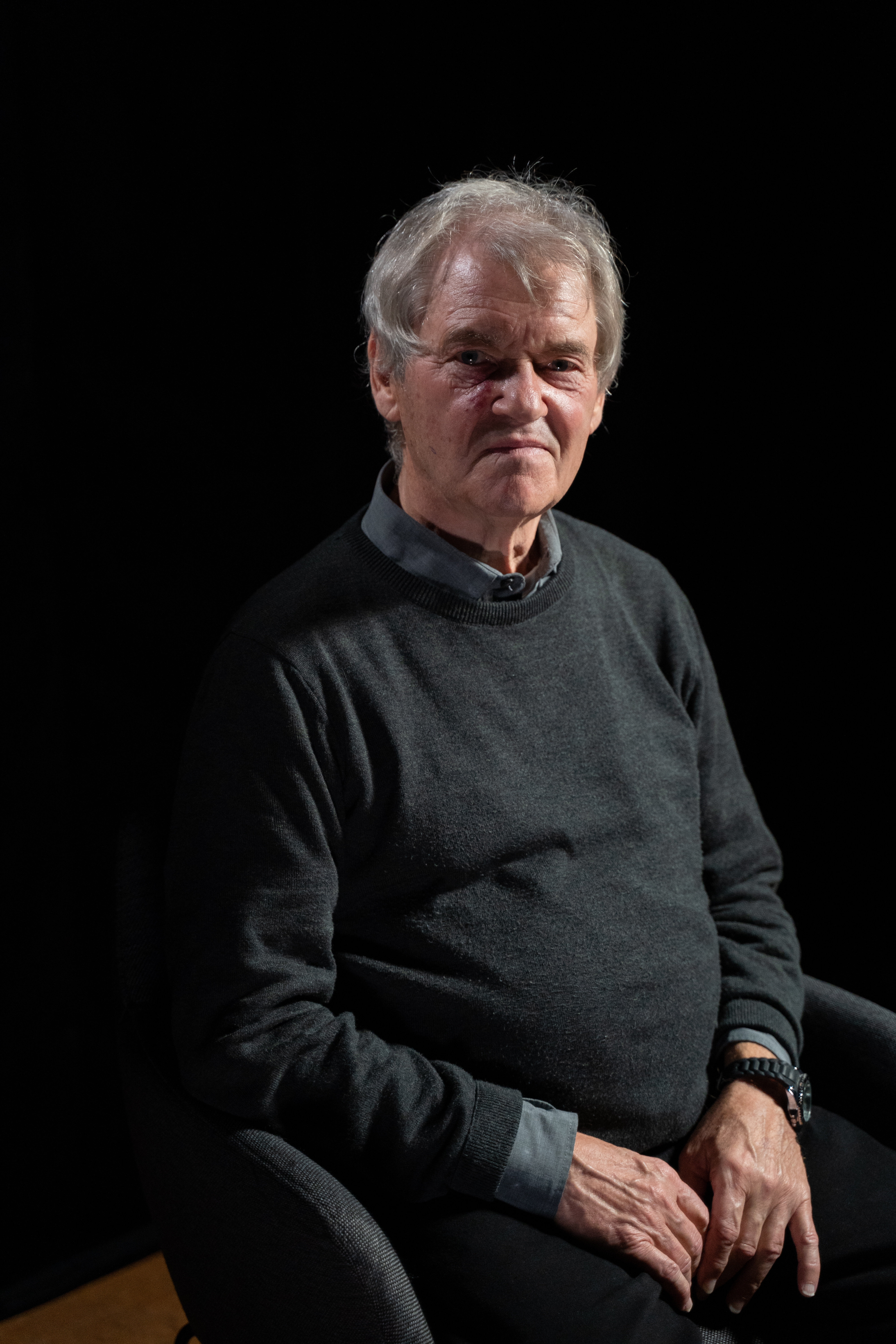Arrested, abducted and forced to work

Stáhnout obrázek
Jan Geldof was born in 1948 in the Dutch city of Rotterdam. Both of his parents witnessed the bombing of Rotterdam on the 12th of May 1940 by the German air force. They survived but especially his mother, who was only twelve years old in 1940, was heavily traumatised. They continued to live in Rotterdam under the German occupation but in November of 1944, there was a big raid where the German occupiers seized and abducted over 50.000 Dutch men, including Jan Geldof’s father, Cornelius Marinus Geldof. He was sent to Bremen as a forced labourer where he had to assist in the shunting of the train wagons. In Bremen, he witnessed another bombing. Due to chronical problems with his lungs, Cornelius Geldof was released from the forced labour in April of 1945. Together with a group of other Dutch forced labourers, he walked from Bremen back to Rotterdam. He was there when the German occupation ended and celebrated the new found freedom. In 1947, he married his long-time girlfriend and the following year, their son Jan was born. He never told his son the details of his arrest and the forced labour. Only after the death of Cornelius Geldof did his son begin researching his father’s life as well as the history of Dutch forced labourers in Germany.

